Toyota will build a 175-acre prototype ‘city of the future’ near Mount Fuji in Japan, which will be used to develop and test future technologies.
The Woven City, which will be powered by hydrogen fuel cells, will initially be home to around 2000 full-time residents and researchers, with only zero-emission autonomous vehicles allowed on the main thoroughfares. It will be used by Toyota to test technology in areas including autonomy, robotics, personal mobility, smart homes and artificial intelligence.
The project was announced by Toyota boss Akio Toyoda at CES in Las Vegas. Toyoda called the bold project “a unique opportunity to develop future technologies”, adding: “We welcome all those inspired to improve the way we live in the future to take advantage of his unique research ecosystem and join us in our quest to create an ever-better way of life and mobility for all.
The Woven City will feature a network of connected sensors that will connect with each other through a digital operating system. Toyota has commissioned architect Bjarke Ingels, whose previous projects include 2 World Trade Center in New York and Lego House in Denmark.
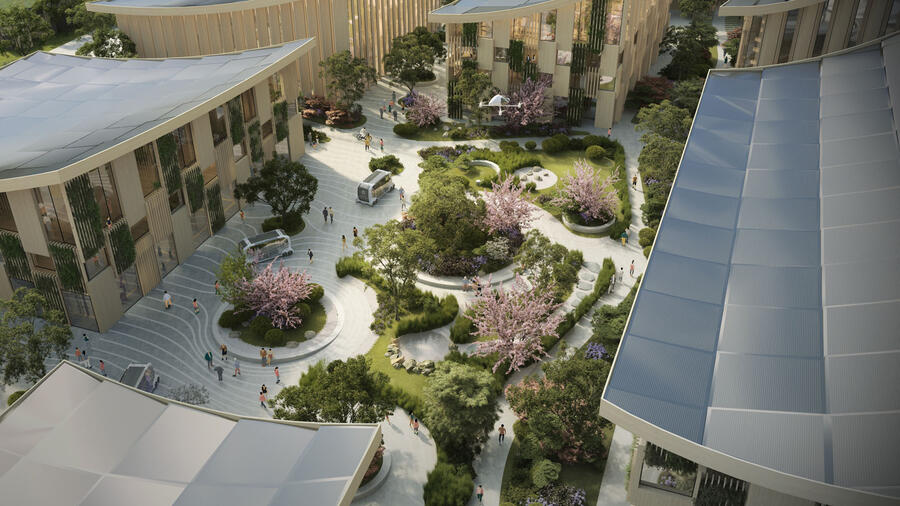
The city’s masterplan will include three street designations. Key streets will be reserved for faster vehicles, with others open to a mix of lower-speed vehicles, personal mobility machines and pedestrians. Some streets will be park-style promenades only open to pedestrians. The three street types will be woven together ‘in an organic grid pattern’, which Toyota says will ‘help accelerate the testing of autonomous transport’.
With only autonomous zero-emission vehicles allowed on the main thoroughfares, Toyota will deploy a fleet of its e-Palette vehicles to be used for public transport, deliveries and as mobile shops.
Work on the Woven City is due to start in 2021, and construction will use fully sustainable materials. Most buildings will be made from wood using a mix of traditional Japanese techniques and robotised production methods, with roofs covered in solar panels to supplement the hydrogen fuel cells.
Residential buildings will feature AI to monitor occupants’ health, with in-home robotics to provide support. Toyota will also construct neighbourhood parks, a large central recreation area and a large central plaza.
READ MORE
Toyota plots new Aygo to capitalise on city car demise

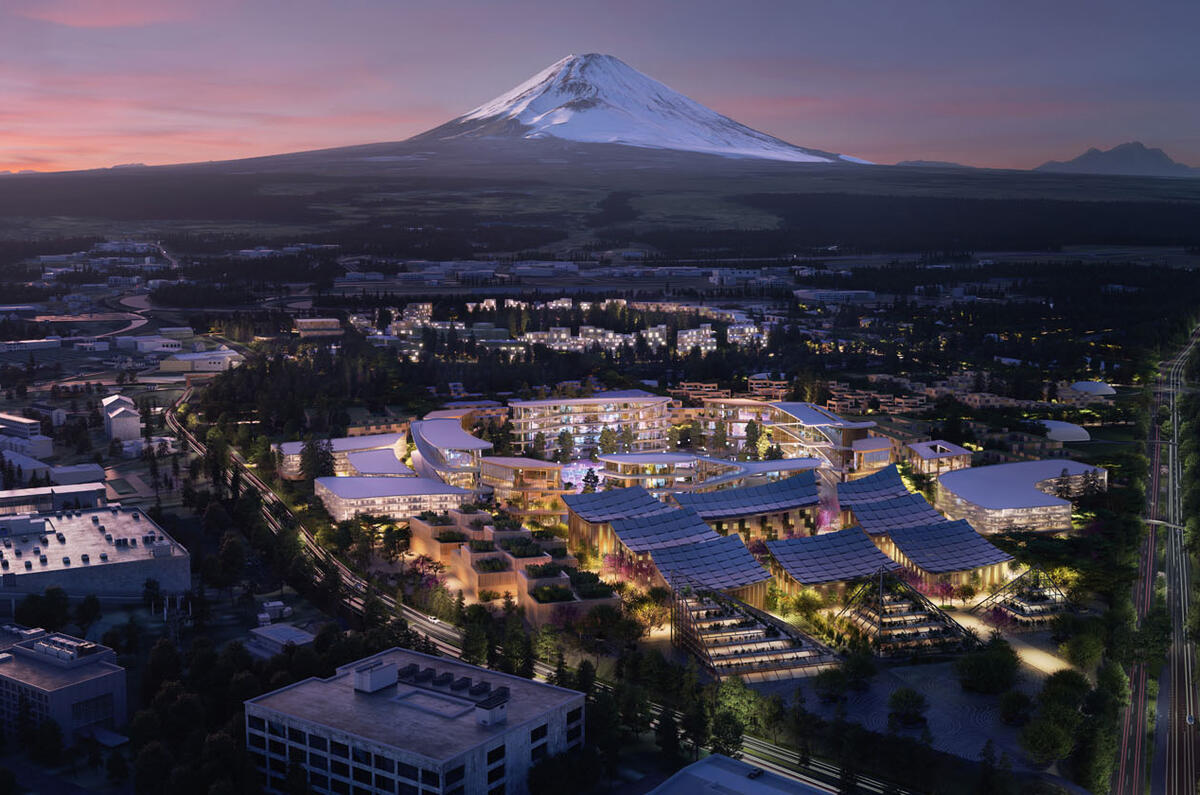
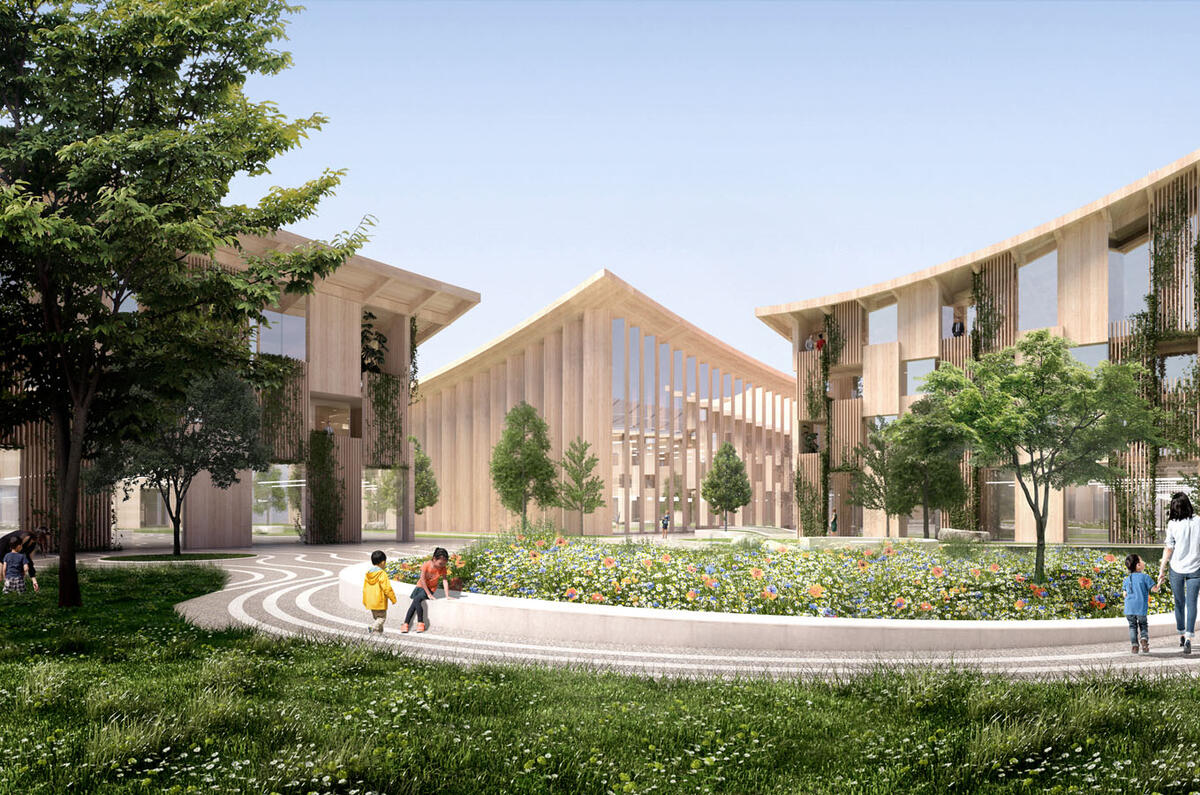
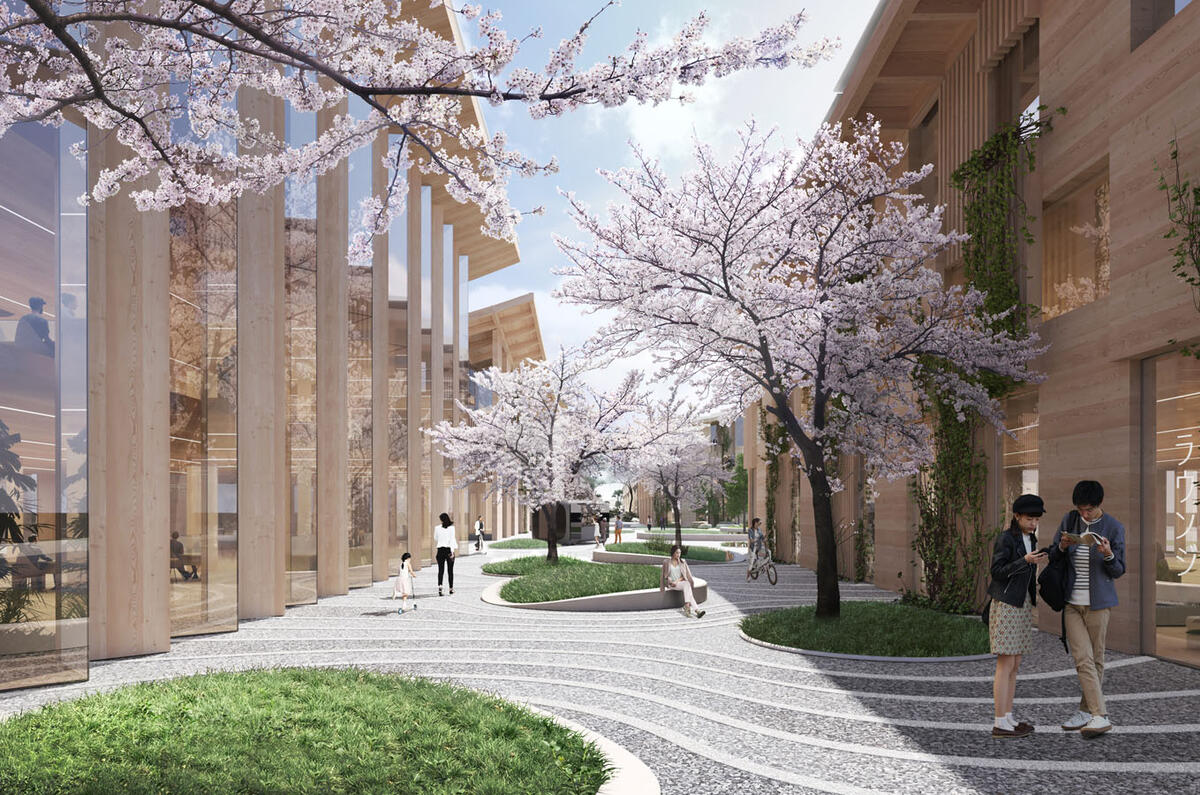
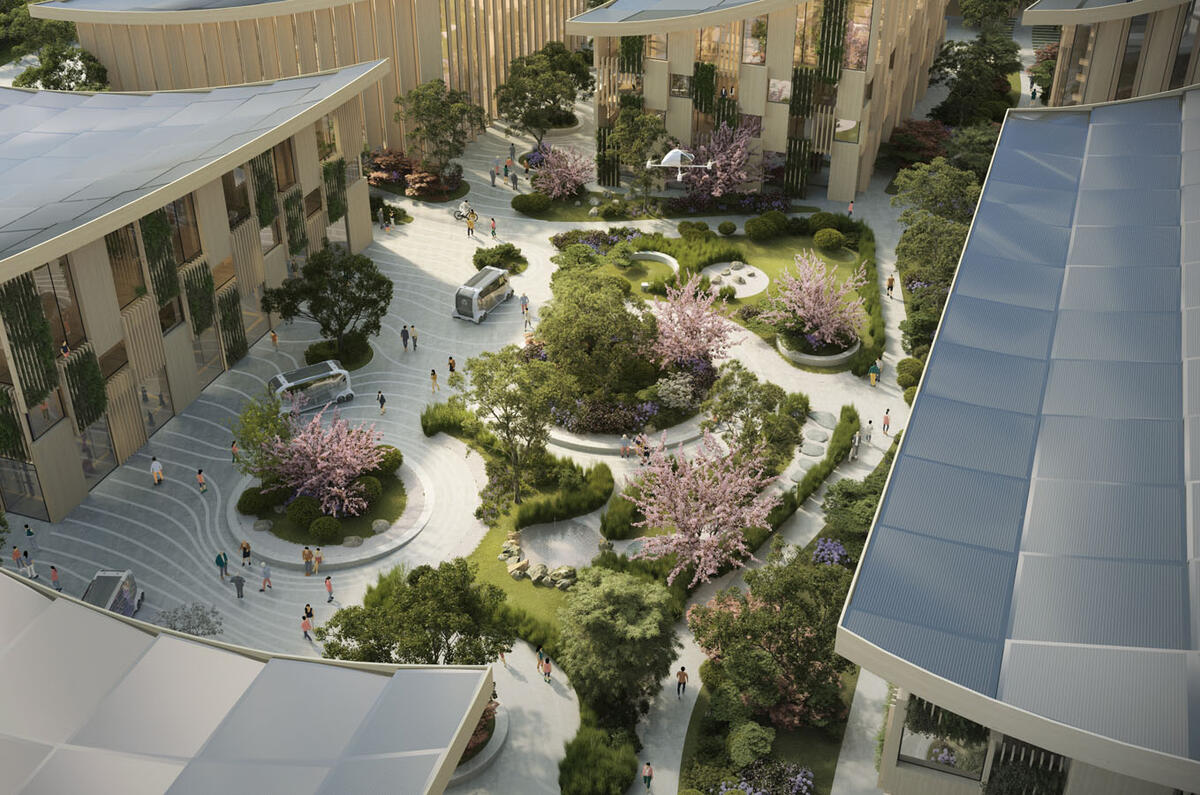
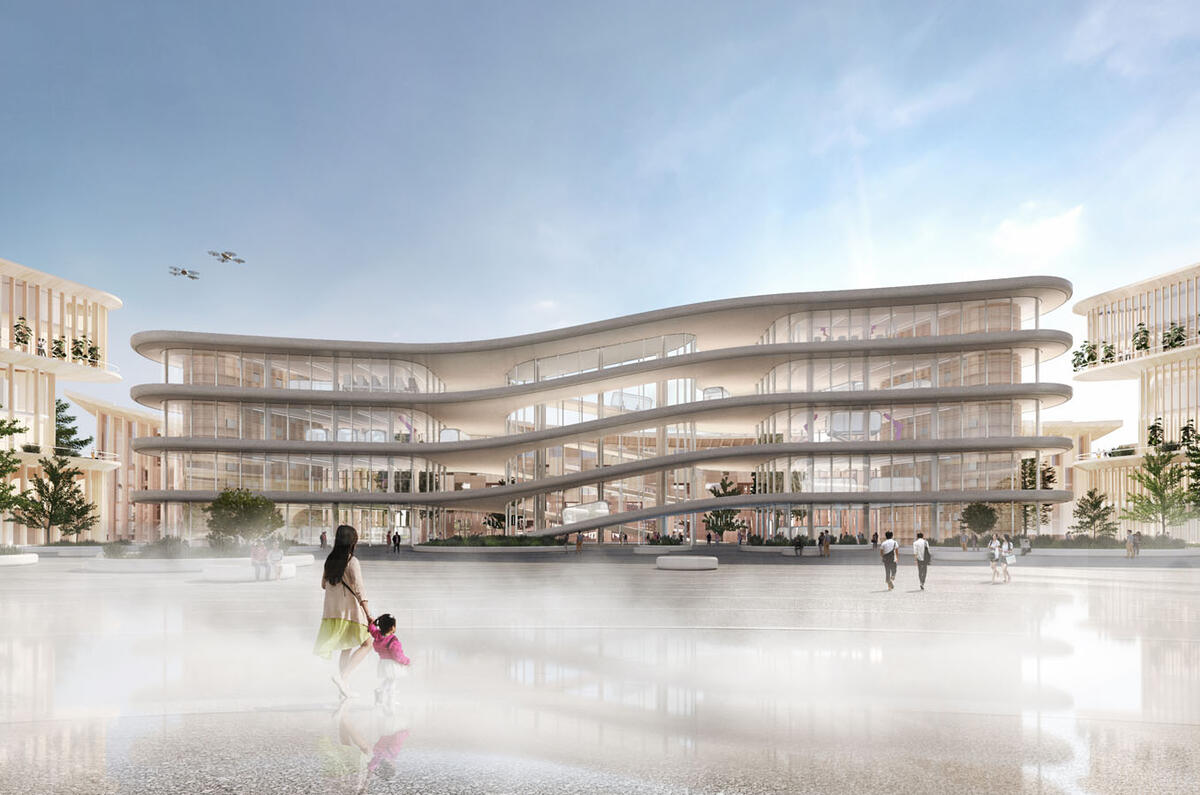
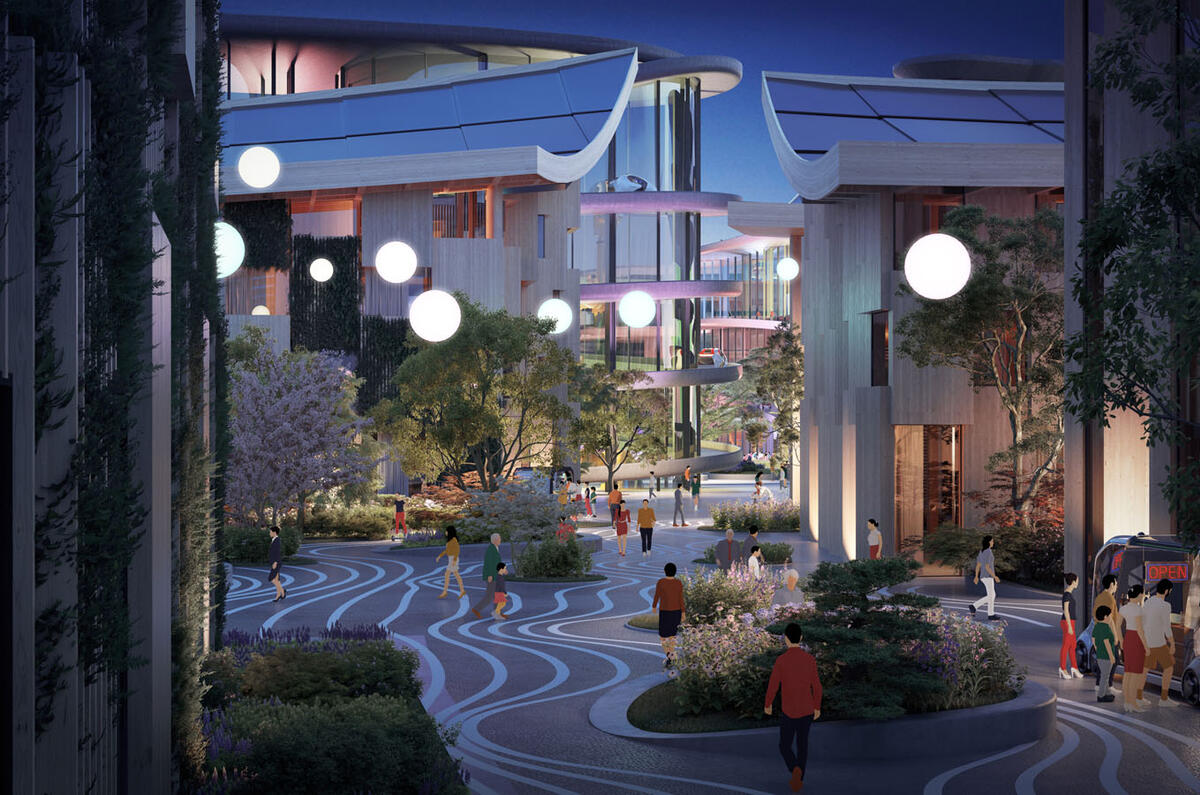
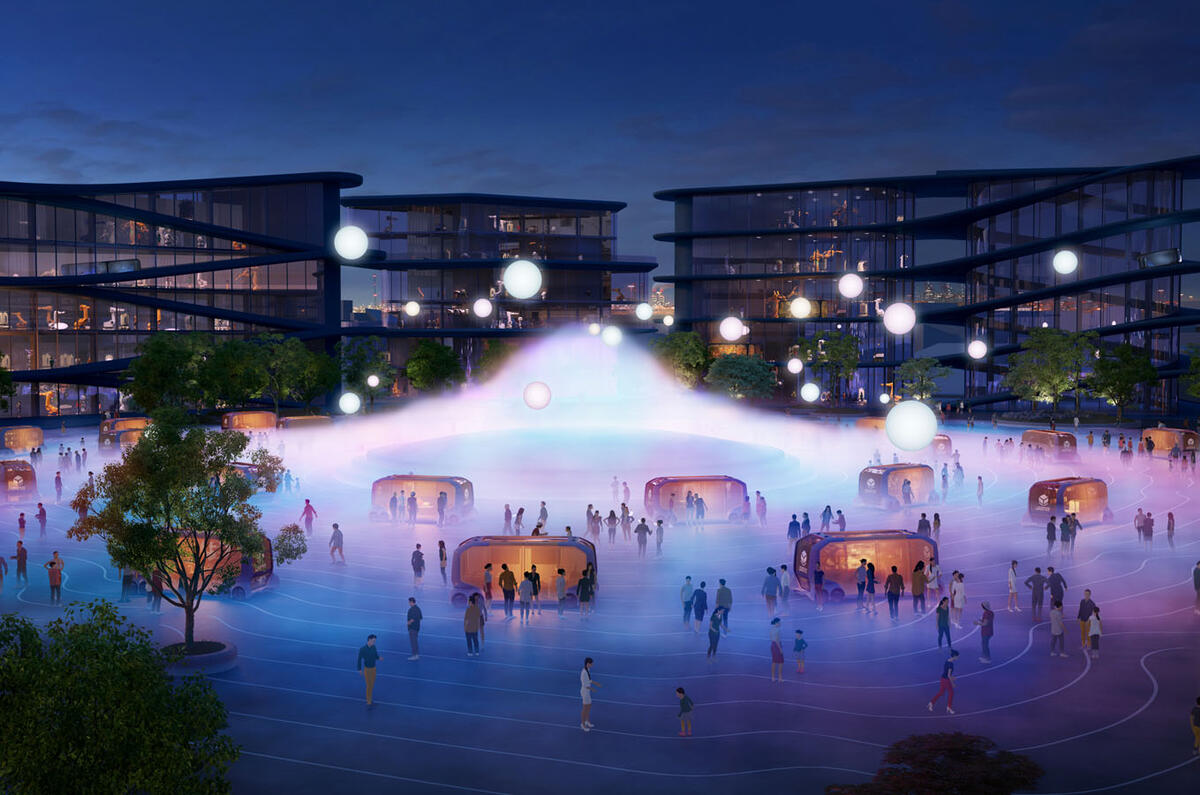
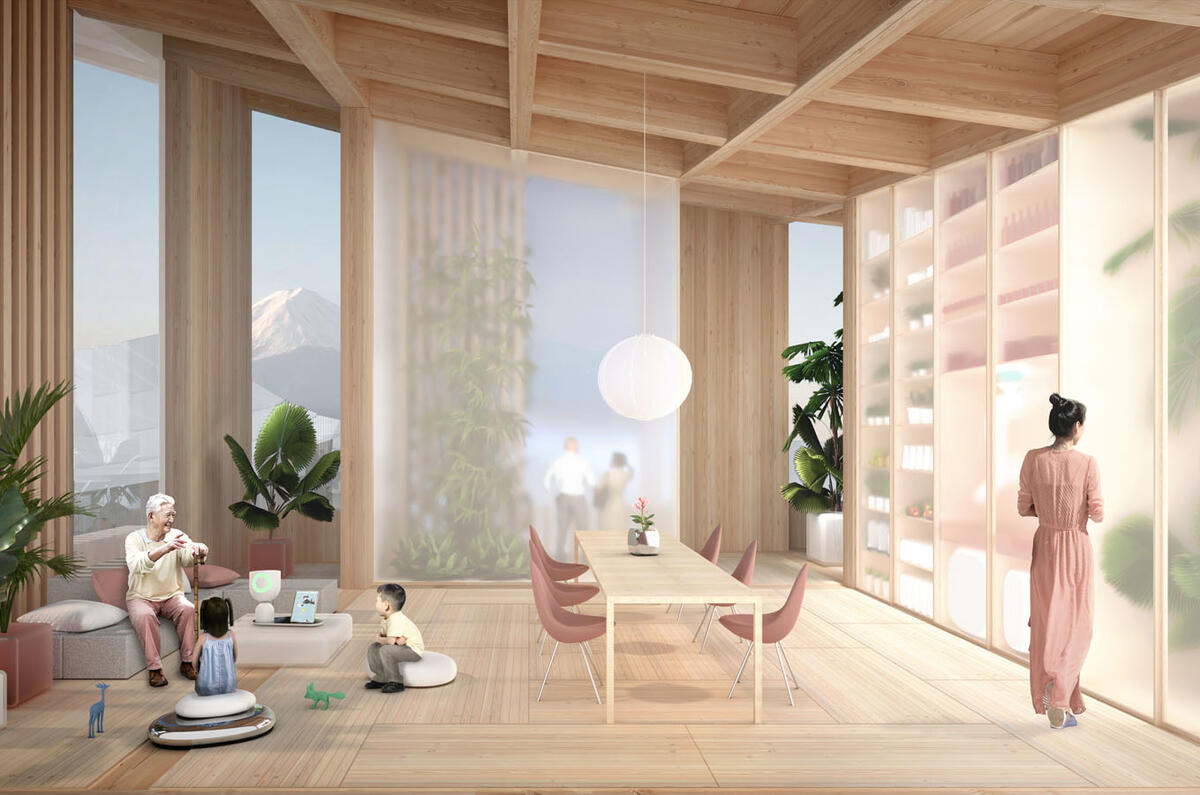
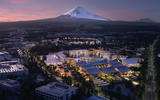
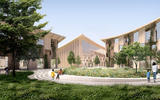
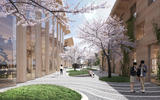
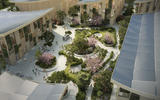
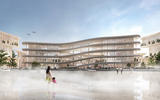
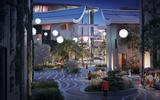
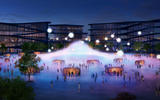







Join the debate
Add your comment
Sunlight Soap....
Heard of it?, well, the guy that invented that build a Town to house his workers, so Toyota isn't doing anything knew except being proactive, doing a study to see how an autonomous World would work.
City?
Catering for 2000 full-time residents and researchers, I've been in bigger villages.